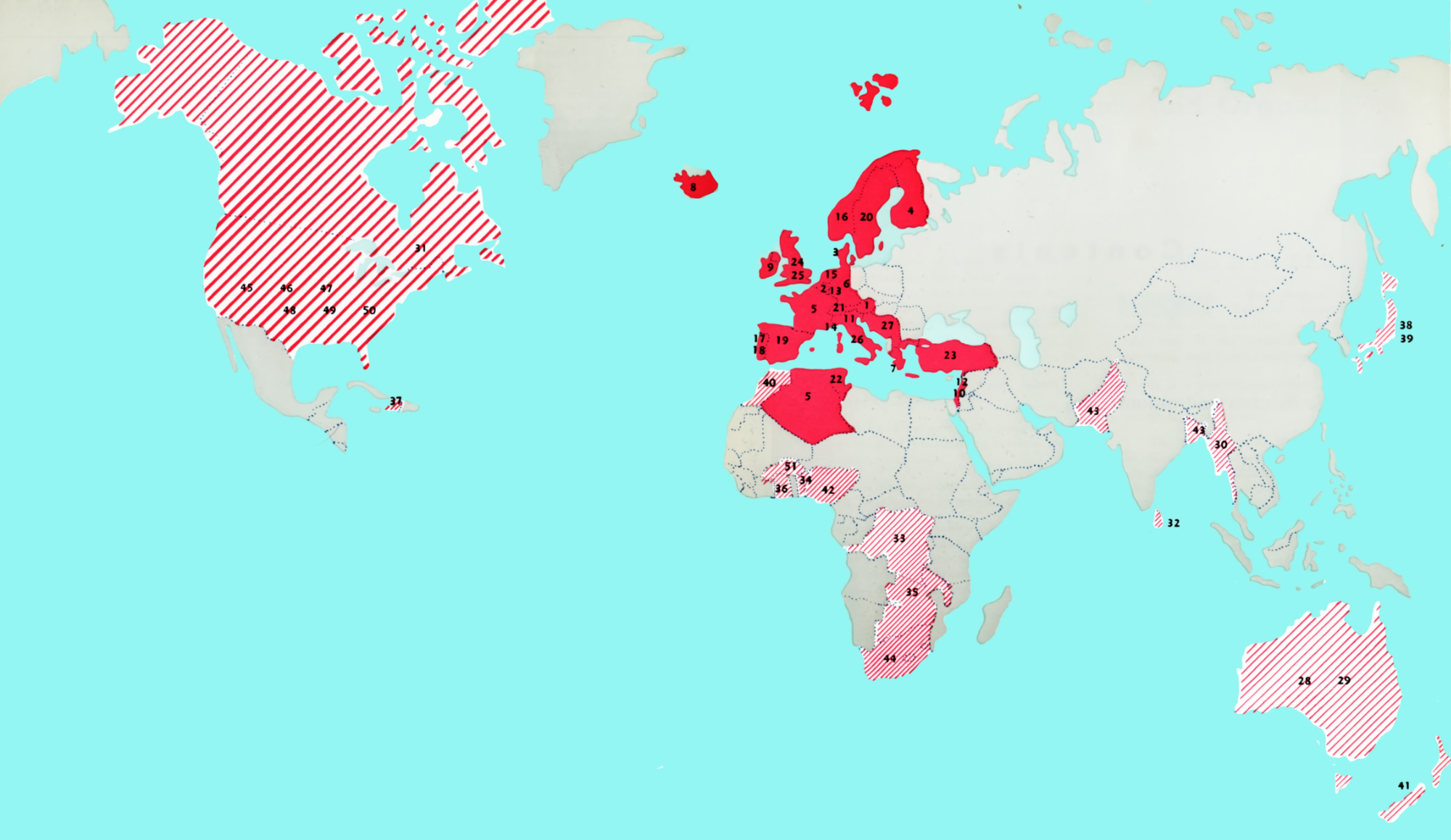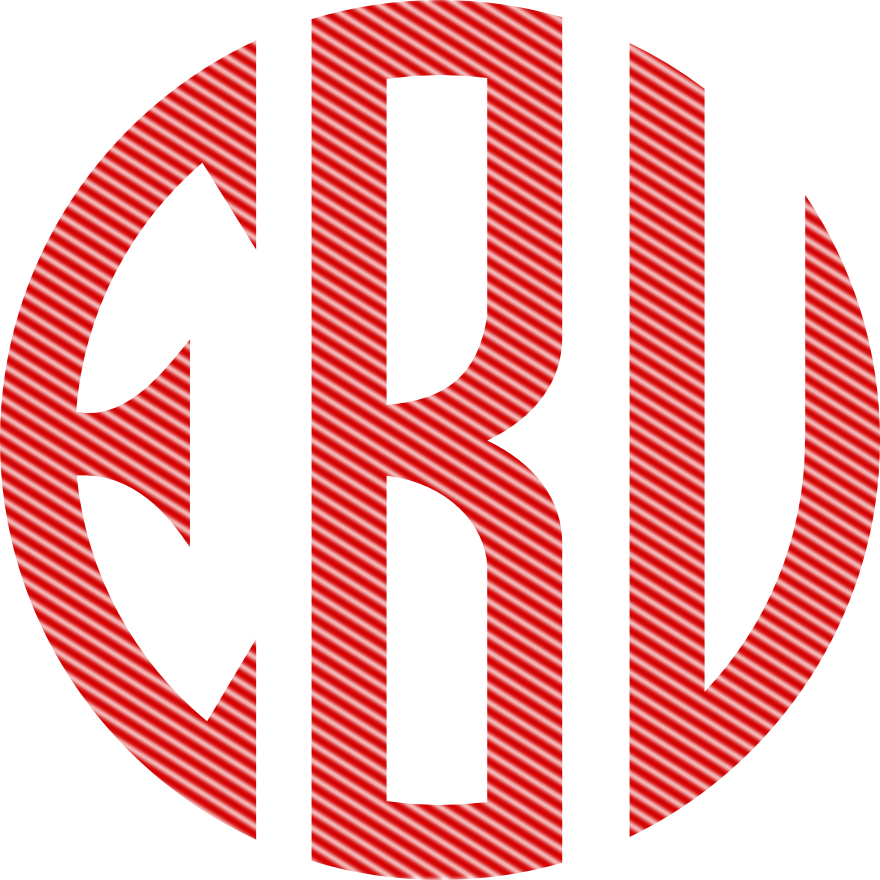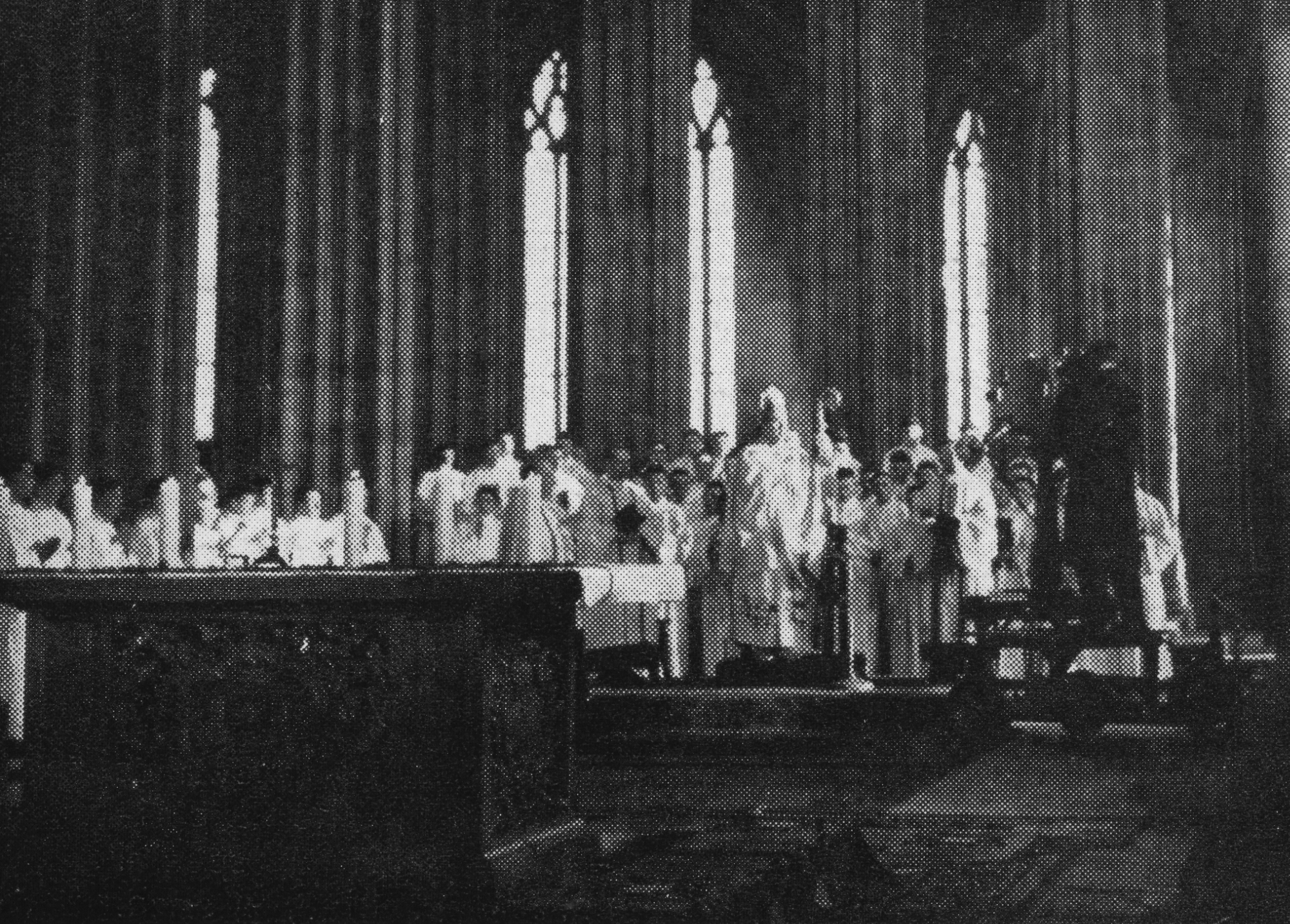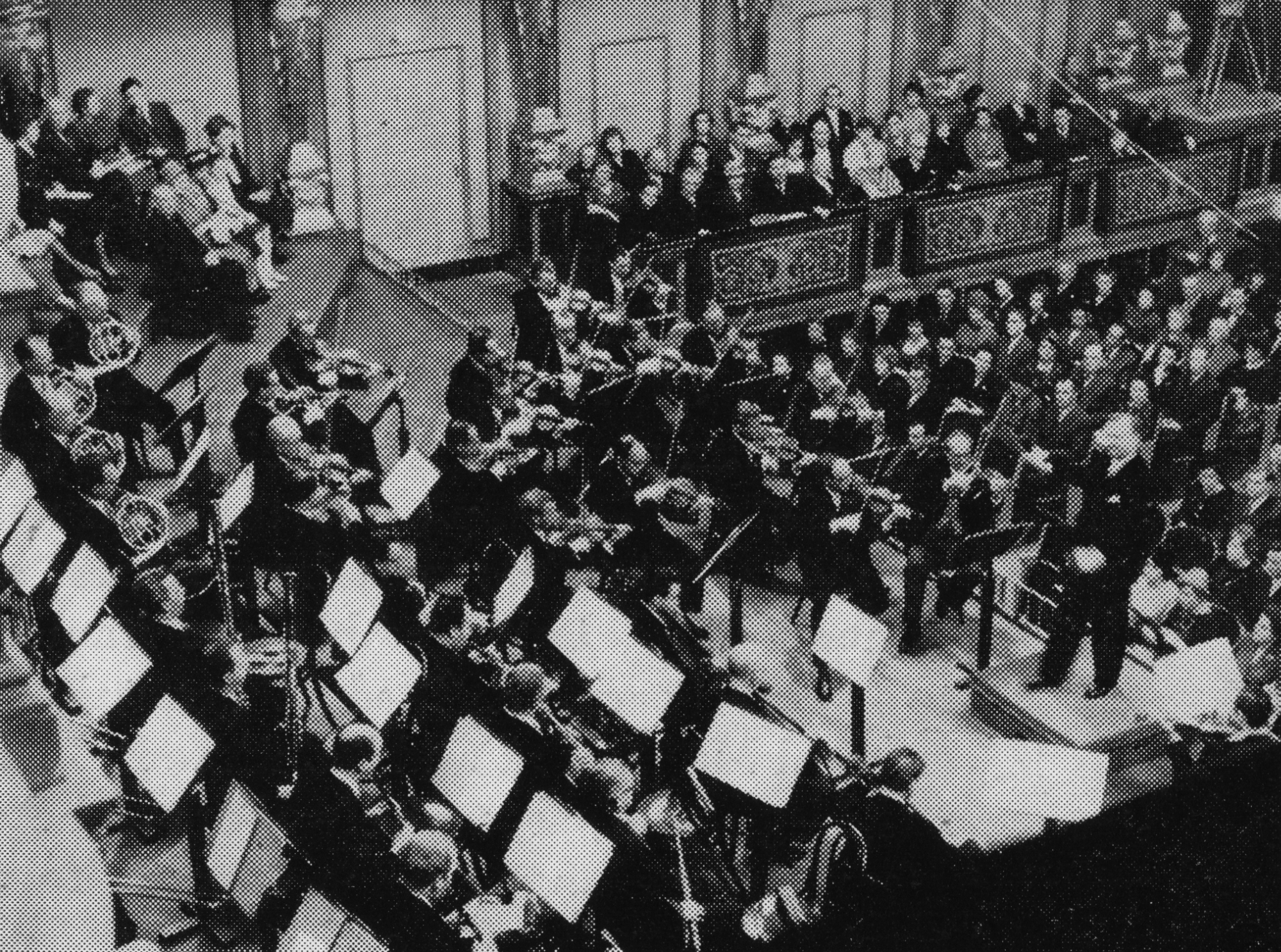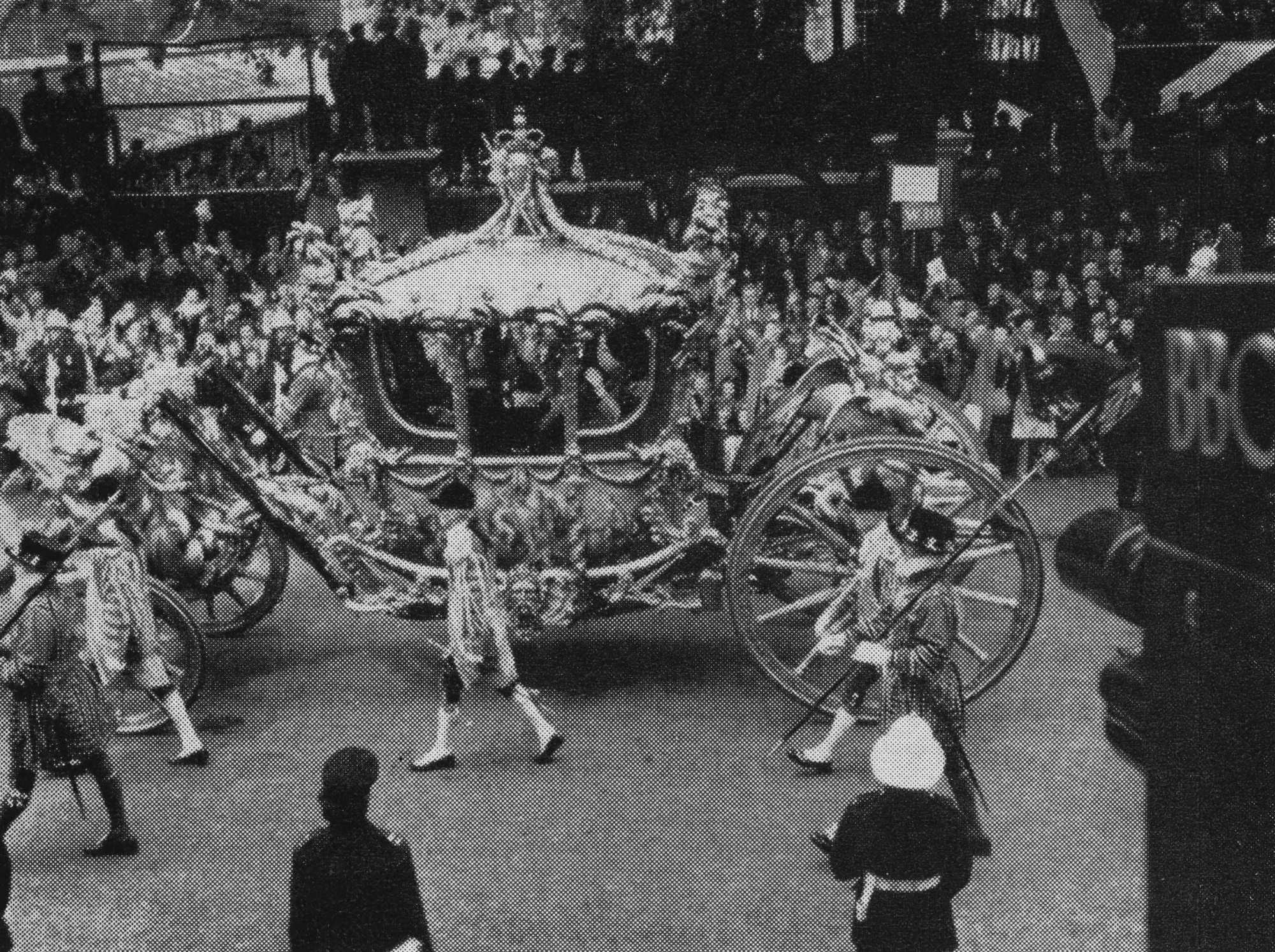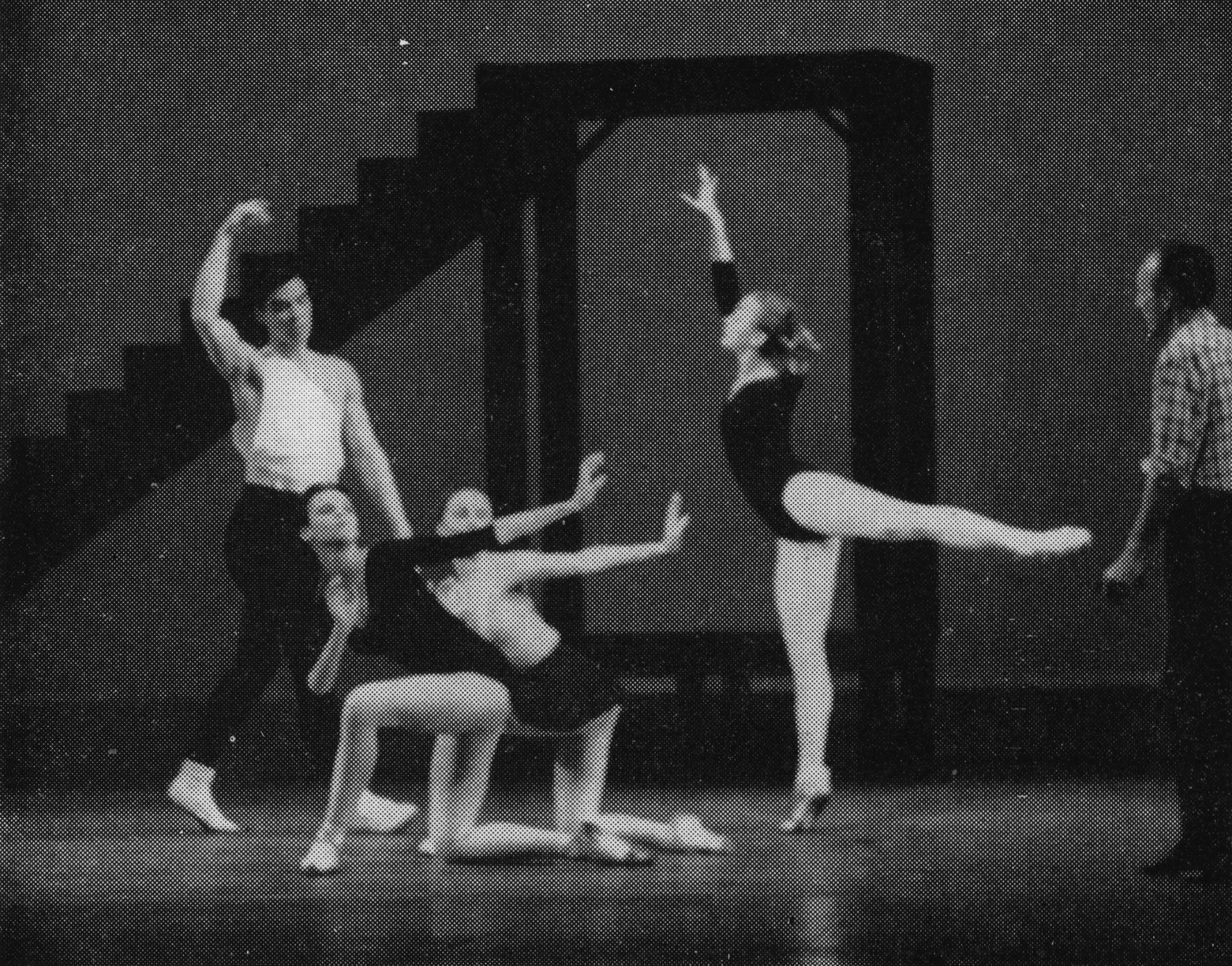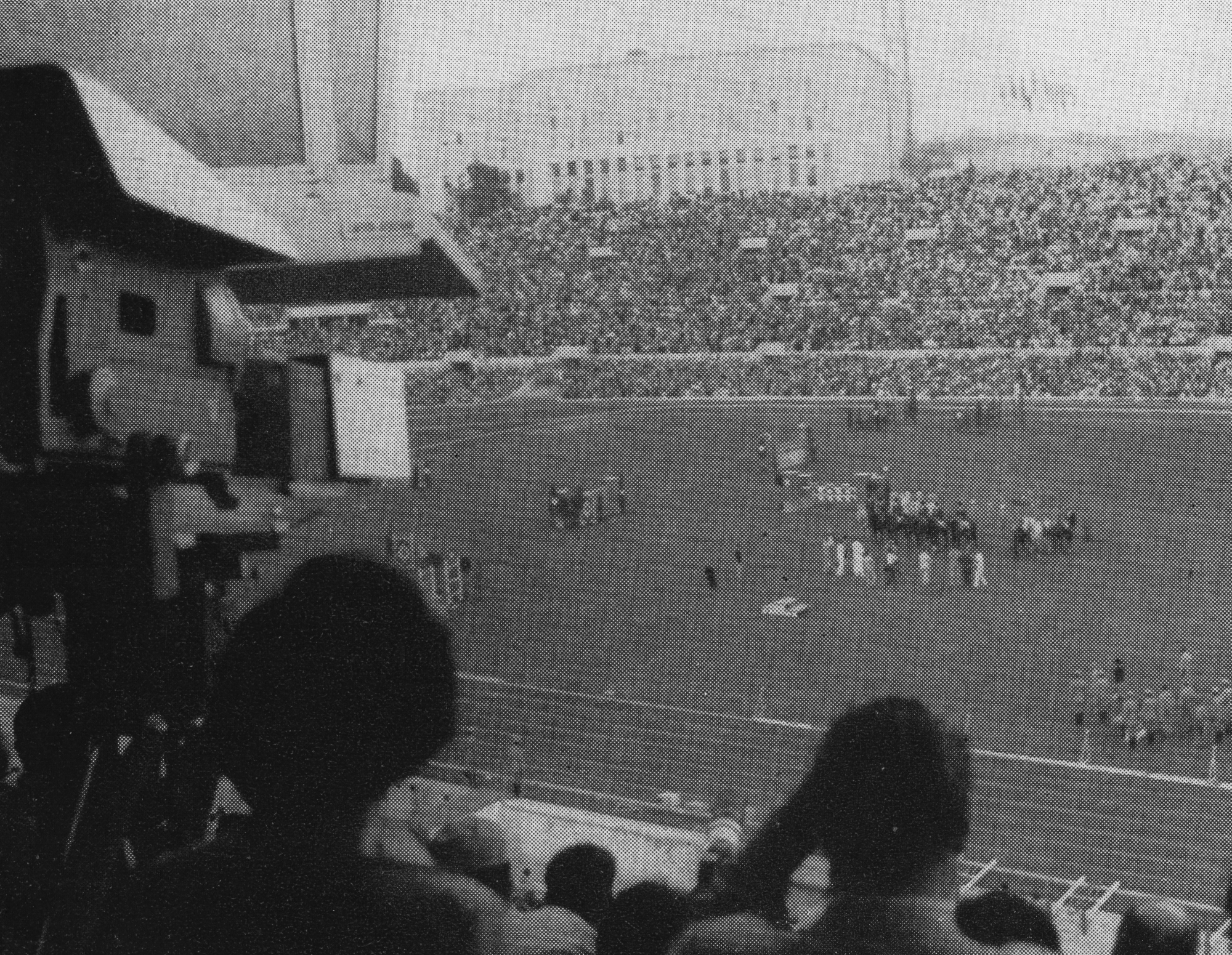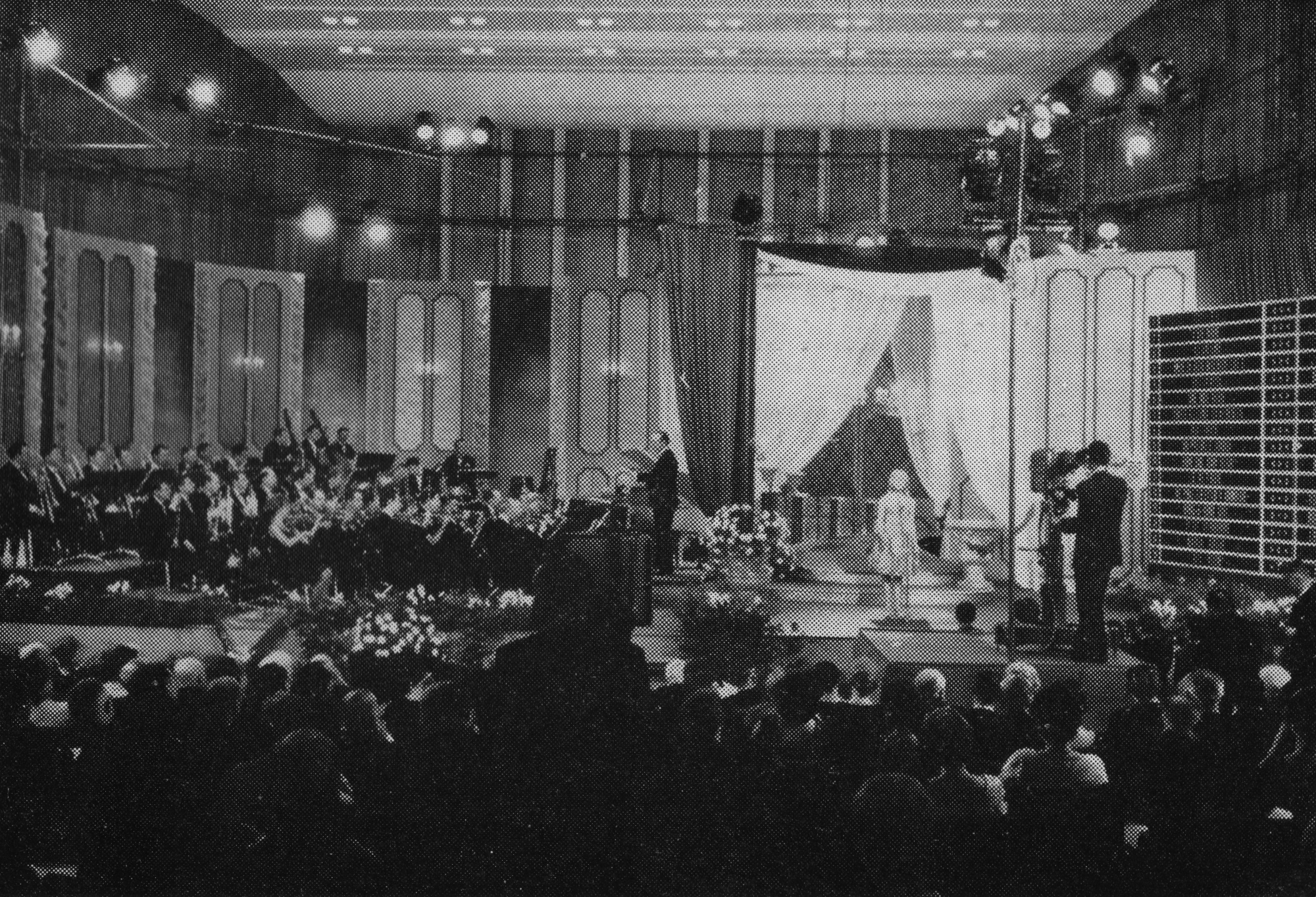E.B.U. MEMBERS (as at 30th June, 1962)
ACTIVE MEMBERS
| Austria | 1 | Oesterreichischer Rundfunk Ges.m.b.H. |
| Belgium | 2 | Radiodiffusion-Télévision Belge |
| Denmark | 3 | Danmarks Radio |
| Finland | 4 | Oy. Ylesradio Ab. |
| France | 5 | Radiodiffusion-Télévision Française |
| Germany (F.R.) | 6 | Arbeitsgemeinschaft der Oeffenlich-Rechtlichen Rundfunkanstalen der Bundesrepublik Deutschland (A.R.D.) |
| Greece | 7 | Hellenic National Broadcasting Institute |
| Iceland | 8 | Rikisutvarpid |
| Ireland | 9 | Radio Eireann - Telefis Eireann |
| Israel | 10 | Kol Yisrael - Israel Broadcasting Service |
| Italy | 11 | RAI - Radiotelevisione Italiana |
| Lebanon | 12 | Ministère de l'Orientation et de l'Information |
| Luxembourg | 13 | Compagnie Luxembourgeoise de Télédiffusion |
| Monaco | 14 | Radio Monte-Carlo |
| Netherlands | 15 | Nederlandse Radio-Unie |
| Norway | 16 | Norsk Rikskringkasting |
| Portugal | 17 | Emissora Nacional de Radiodifusao |
| 18 | RTP - Radiotelevisao Portuguesa | |
| Spain | 19 | Dirección General de Radiodifusión y Televisión |
| Sweden | 20 | Sveriges Radio |
| Switzerland | 21 | Société Suisse de Radiodiffusion et Télévision |
| Tunisia | 22 | Radiodiffusion-Télévision Tunisienne |
| Turkey | 23 | Basin-Yayin ve Turizm Genel Müdürlügü |
| United Kingdom | 24 | British Broadcasting Corporation |
| 25 | Independent Television Authority and Independent Television Companies Association Ltd. | |
| Vatican State | 26 | Radio Vaticana |
| Yugoslavia | 27 | Jugoslovenska Radiotelevizija |
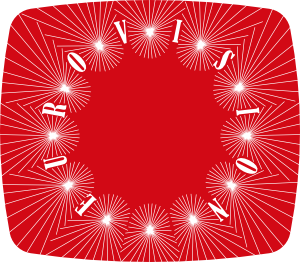
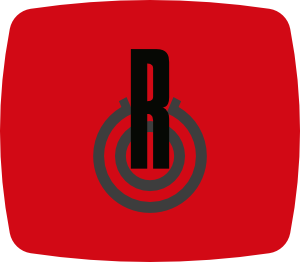
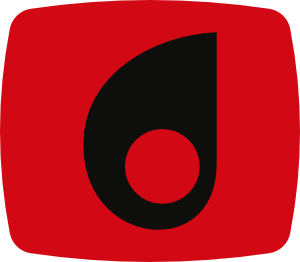
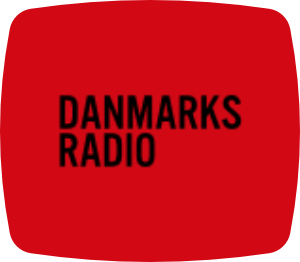
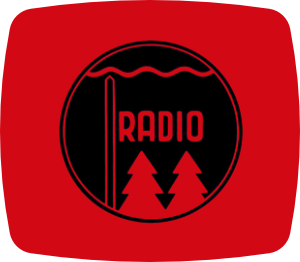
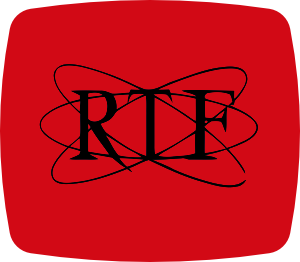
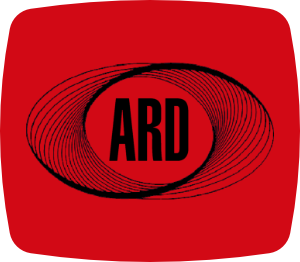
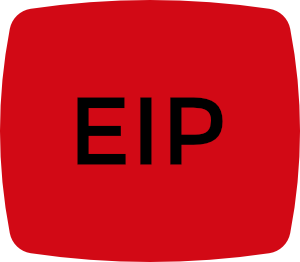
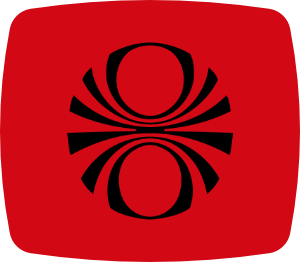
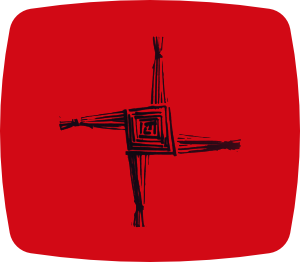
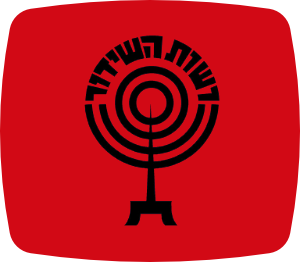
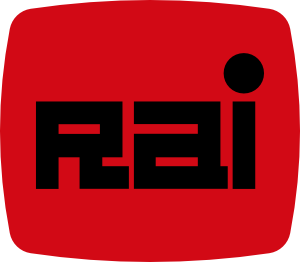
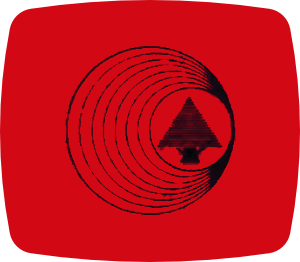
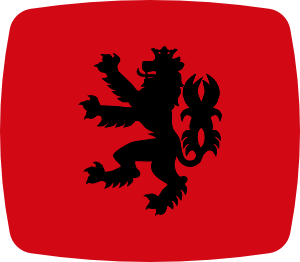
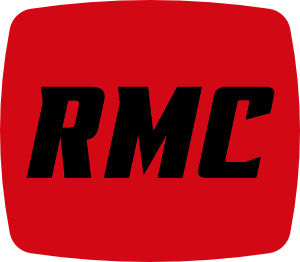
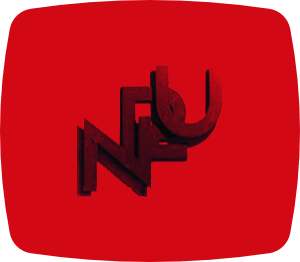
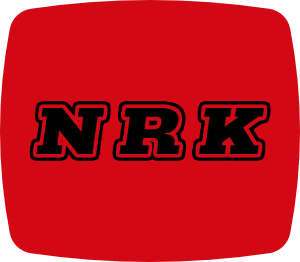

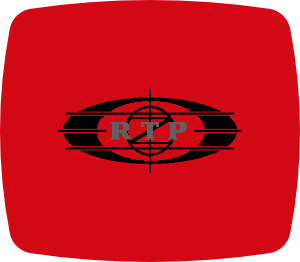
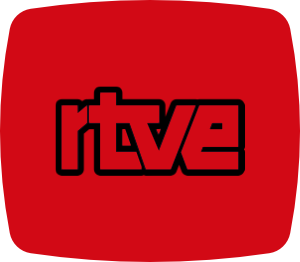

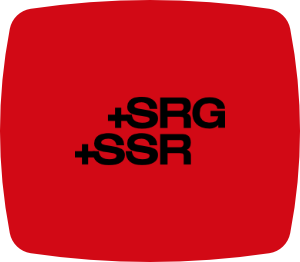
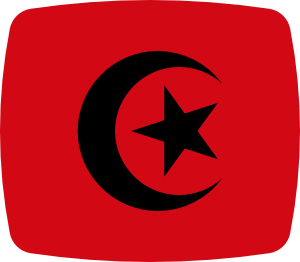
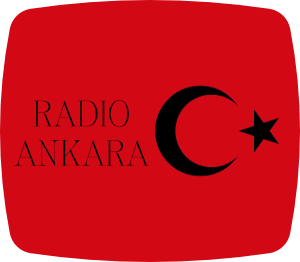
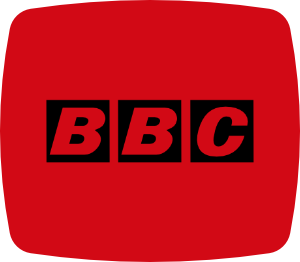
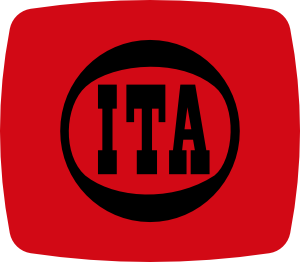

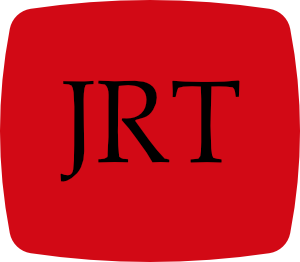
ASSOCIATE MEMBERS
| Australia | 28 | Australian Broadcasting Commission |
| 29 | Federation of Australian Commerical Television Stations | |
| Burma | 30 | Burma Broadcasting Service |
| Canada | 31 | Canadian Broadcasting Corporation |
| Ceylon | 32 | Radio Ceylon |
| Congo | 33 | Radio Congo (Léopoldville) |
| Dahomey | 34 | Radiodiffusion du Dahomey |
| Federation of Rhodesia and Nyasaland | 35 | Federal Broadcasting Corporation of Rhodesia and Nyasaland |
| Ghana | 36 | Ghana Broadcasting Service |
| Haïti | 37 | Service des Télégraphes, Téléphones et Radiocommunications de la République d'Haïti |
| Japan | 38 | Nippon Hoso Kyokai |
| 39 | National Association of Commercial Broadcasters in Japan | |
| Morocco | 40 | Radiodiffusion Marocaine |
| New Zealand | 41 | New Zealand Broadcasting Corporation |
| Nigeria | 42 | Nigerian Broadcasting Corporation |
| Pakistan | 43 | Radio Pakistan |
| Republic of South Africa | 44 | South African Broadcasting Corporation |
| United States | 45 | American Broadcasting Company |
| 46 | Columbia Brodcasting System | |
| 47 | National Association of Educational Broadcasters | |
| 48 | National Broadcasting Company, Inc. | |
| 49 | National Educational Television & Radio Center and Broadcasting Foundation of America (International Division of NETRC) | |
| 50 | US Information Agency | |
| Upper Volta | 51 | Radiodiffusion de Haute-Volta |

